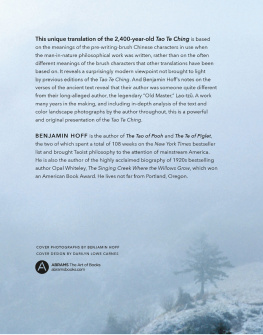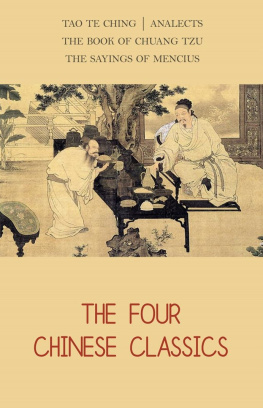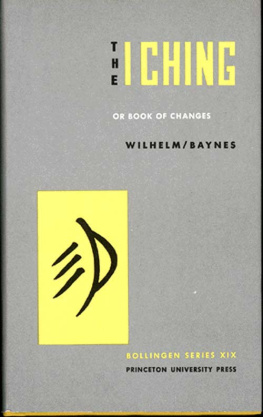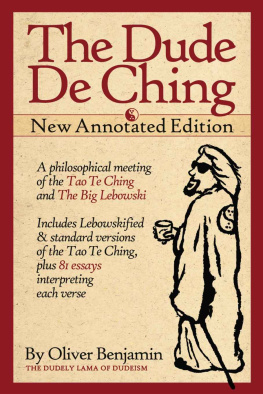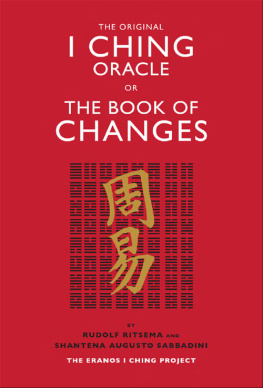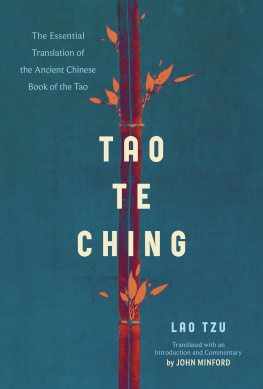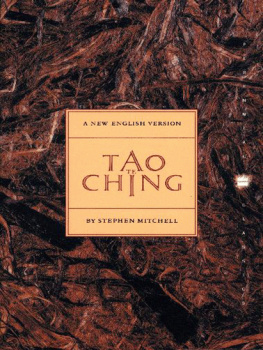
Lao Zi [LaoTzu]
Dao De Jing [Tao Te Ching] (english)
The Way that can be experienced is not true;
The world that can be constructed is not true.
The Way manifests all that happens and may happen;
The world represents all that exists and may exist.
To experience without intention is to sense the world;
To experience with intention is to anticipate the world.
These two experiences are indistinguishable;
Their construction differs but their effect is the same.
Beyond the gate of experience flows the Way,
Which is ever greater and more subtle than the world.
When beauty is abstracted
Then ugliness has been implied;
When good is abstracted
Then evil has been implied.
So alive and dead are abstracted from nature,
Difficult and easy abstracted from progress,
Long and short abstracted from contrast,
High and low abstracted from depth,
Song and speech abstracted from melody,
After and before abstracted from sequence.
The sage experiences without abstraction,
And accomplishes without action;
He accepts the ebb and flow of things,
Nurtures them, but does not own them,
And lives, but does not dwell.
Not praising the worthy prevents contention,
Not esteeming the valuable prevents theft,
Not displaying the beautiful prevents desire.
In this manner the sage governs people:
Emptying their minds,
Filling their bellies,
Weakening their ambitions,
And strengthening their bones.
If people lack knowledge and desire
Then they can not act;
If no action is taken
Harmony remains.
The Way is a limitless vessel;
Used by the self, it is not filled by the world;
It cannot be cut, knotted, dimmed or stilled;
Its depths are hidden, ubiquitous and eternal;
I don't know where it comes from;
It comes before nature.
Nature is not kind;
It treats all things impartially.
The Sage is not kind,
And treats all people impartially.
Nature is like a bellows,
Empty, yet never ceasing its supply.
The more it moves, the more it yields;
So the sage draws upon experience
And cannot be exhausted.
Experience is a riverbed,
Its source hidden, forever flowing:
Its entrance, the root of the world,
The Way moves within it:
Draw upon it; it will not run dry.
Nature is complete because it does not serve itself.
The sage places himself after and finds himself before,
Ignores his desire and finds himself content.
He is complete because he does not serve himself.
The best of man is like water,
Which benefits all things, and does not contend with them,
Which flows in places that others disdain,
Where it is in harmony with the Way.
So the sage:
Lives within nature,
Thinks within the deep,
Gives within impartiality,
Speaks within trust,
Governs within order,
Crafts within ability,
Acts within opportunity.
He does not contend, and none contend against him.
Fill a cup to its brim and it is easily spilled;
Temper a sword to its hardest and it is easily broken;
Amass the greatest treasure and it is easily stolen;
Claim credit and honour and you easily fall;
Retire once your purpose is achieved this is natural.
Embracing the Way, you become embraced;
Breathing gently, you become newborn;
Clearing your mind, you become clear;
Nurturing your children, you become impartial;
Opening your heart, you become accepted;
Accepting the world, you embrace the Way.
Bearing and nurturing,
Creating but not owning,
Giving without demanding,
This is harmony.
Thirty spokes meet at a nave;
Because of the hole we may use the wheel.
Clay is moulded into a vessel;
Because of the hollow we may use the cup.
Walls are built around a hearth;
Because of the doors we may use the house.
Thus tools come from what exists,
But use from what does not.
Too much colour blinds the eye,
Too much music deafens the ear,
Too much taste dulls the palate,
Too much play maddens the mind,
Too much desire tears the heart.
In this manner the sage cares for people:
He provides for the belly, not for the senses;
He ignores abstraction and holds fast to substance.
Both praise and blame cause concern,
For they bring people hope and fear.
The object of hope and fear is the self -
For, without self, to whom may fortune and disaster occur?
Therefore,
Who distinguishes himself from the world may be given the world,
But who regards himself as the world may accept the world.
Looked at but cannot be seen it is beneath form;
Listened to but cannot be heard it is beneath sound;
Held but cannot be touched it is beneath feeling;
These depthless things evade definition,
And blend into a single mystery.
In its rising there is no light,
In its falling there is no darkness,
A continuous thread beyond description,
Lining what can not occur;
Its form formless,
Its image nothing,
Its name silence;
Follow it, it has no back,
Meet it, it has no face.
Attend the present to deal with the past;
Thus you grasp the continuity of the Way,
Which is its essence.
The enlightened possess understanding
So profound they can not be understood.
Because they cannot be understood
I can only describe their appearance:
Cautious as one crossing thin ice,
Undecided as one surrounded by danger,
Modest as one who is a guest,
Unbounded as melting ice,
Genuine as unshaped wood,
Broad as a valley,
Seamless as muddy water.
Who stills the water that the mud may settle,
Who seeks to stop that he may travel on,
Who desires less than may transpire,
Decays, but will not renew.
Empty the self completely;
Embrace perfect peace.
The world will rise and move;
Watch it return to rest.
All the flourishing things
Will return to their source.
This return is peaceful;
It is the flow of nature,
An eternal decay and renewal.
Accepting this brings enlightenment,
Ignoring this brings misery.
Who accepts nature's flow becomes all-cherishing;
Being all-cherishing he becomes impartial;
Being impartial he becomes magnanimous;
Being magnanimous he becomes natural;
Being natural he becomes one with the Way;
Being one with the Way he becomes immortal:
Though his body will decay, the Way will not.
The best rulers are scarcely known by their subjects;
The next best are loved and praised;
The next are feared;
The next despised:
They have no faith in their people,
And their people become unfaithful to them.
When the best rulers achieve their purpose
Their subjects claim the achievement as their own.
18. Hypocrisy
When the Way is forgotten
Duty and justice appear;
Next page

